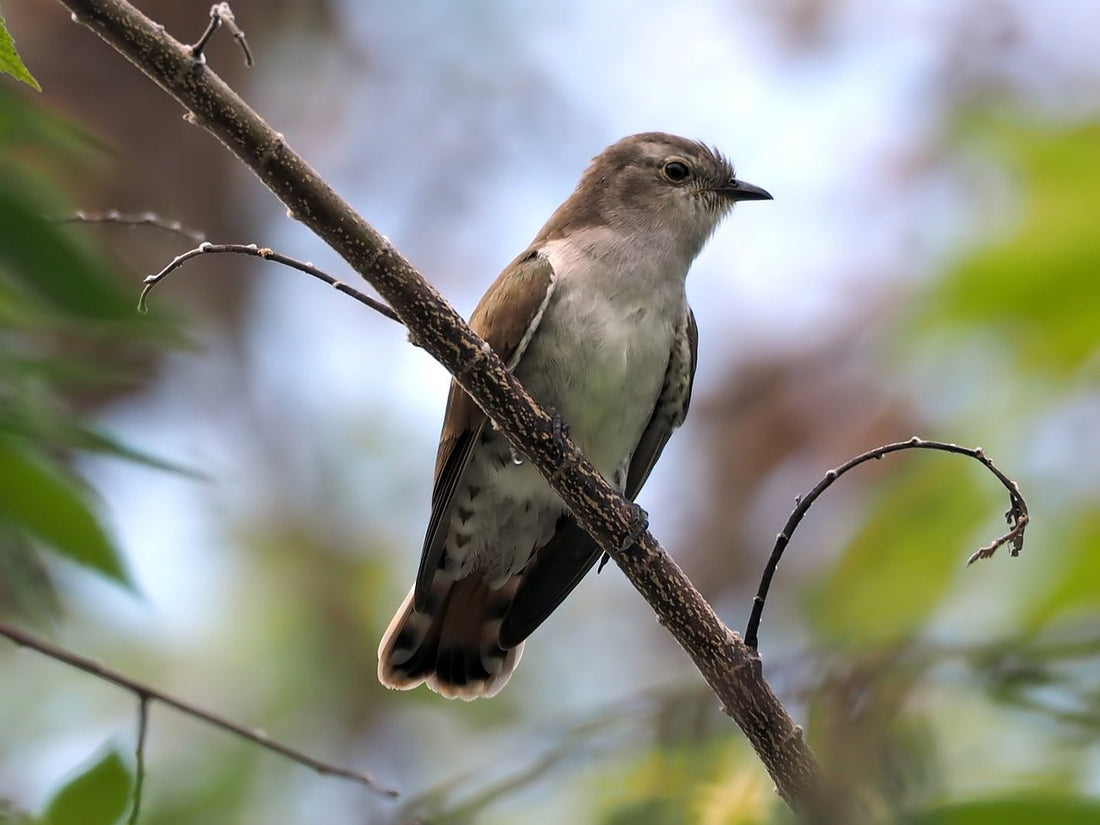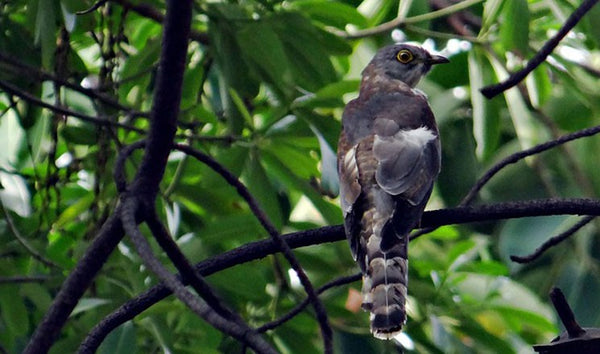
Cuckoo Bird: Identification, Behaviour, and Feeding Guide
Share
The Cuckoo (Cuculus canorus) is a common solitary bird and is more often heard than seen. Learn more about Cuckoos here...
The Cuckoos call ('cuck-oo cuck-oo') is only given by the male and is a very familiar and an unforgettable sound. The female makes more of a bubbling sound.
Cuckoos have a sleek body similar in size to a dove, blue- grey upper- parts, head and chest with white barred under parts. The wings are pointed, and the tail is long. The male and female are both similar and younger birds are brown in colour.
The Cuckoo is a migratory bird and a summer visitor to the UK they arrive during April and early May and as soon as the breeding season is over, they move back to tropical Africa.
Cuckoos are brood parasites and do not tend to their own nest - they will lay an egg in another bird’s nest, such as Dunnocks, Reed warblers and Meadow pipits and will leave the egg to hatch and for the foster parents to raise. When they are several weeks old, they are ready to fly back to their parents.
The Cuckoo likes to habituate in farmland with hedges, woodland, moorland, and marshes. They feed on insects, insect larvae and a variety of other animals, as well as fruit. Their favourite diet is hairy caterpillars, and they have been known to shake the toxins out before eating them.
As this is not a garden bird, the Dunnocks and the other species parasitised by Cuckoos do frequently visit gardens and they also like to eat caterpillars.
What we do in the confines of our own gardens may have an impact on the species that come in; if we made better garden habitats for caterpillars, by providing food for them, as well as nectar-bearing flowers some caterpillars will eat a wide range of plants. You never know it may help the Cuckoo.
It is certainly worth a try due to a recent decline in the Cuckoo which makes this a Red List species and according to the British Trust for Ornithology (BTO) figures, since the 1980’s the numbers have dropped by 65%, the real reason for this is not known.

Written by Tina Jakes
